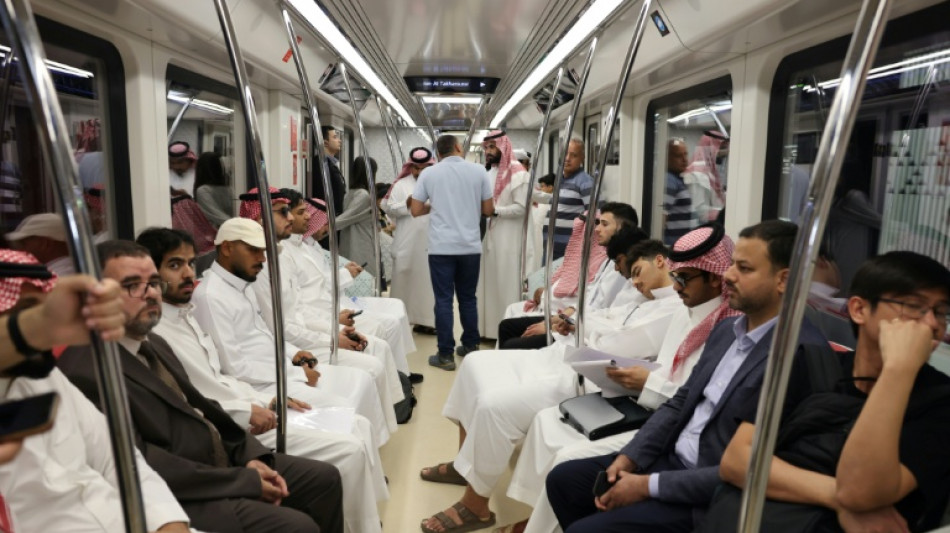
-
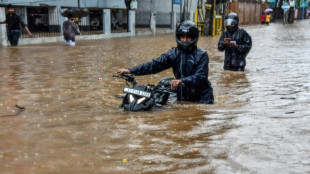 India monsoon floods kill five in northeast
India monsoon floods kill five in northeast
-
Chinese automakers get stern 'price war' warning after discount spree

-
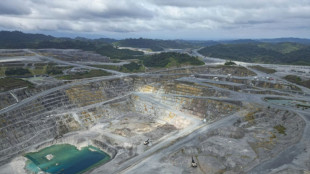 Panama launches maintenance work at contested mine
Panama launches maintenance work at contested mine
-
Swiss glacier collapse offers global warning of wider impact
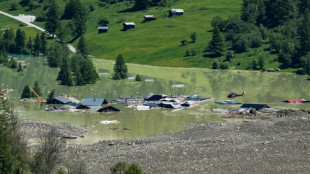
-
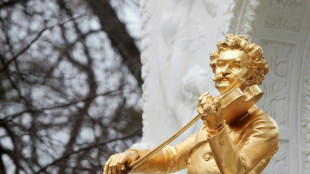 Vienna calling: Strauss's 'The Blue Danube' to waltz into outer space
Vienna calling: Strauss's 'The Blue Danube' to waltz into outer space
-
Trump 'tough love' on defence better than no love: EU's Kallas
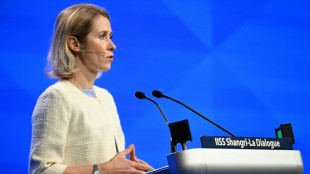
-
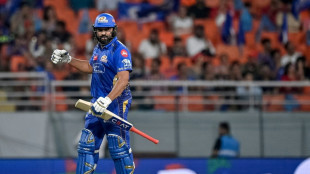 Mumbai say 'winning mentality' can deliver record sixth IPL title
Mumbai say 'winning mentality' can deliver record sixth IPL title
-
EU member Bulgaria faces protests over adopting the euro
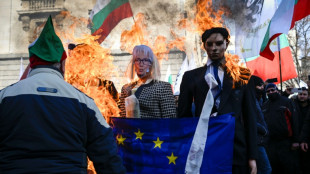
-
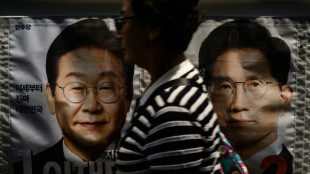 South Koreans to rally for presidential hopefuls before vote
South Koreans to rally for presidential hopefuls before vote
-
Moroccan women embroider 'art with purpose'
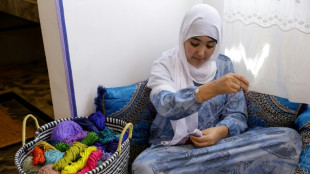
-
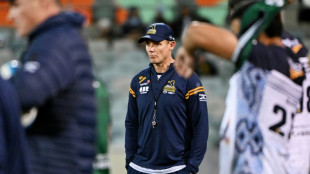 Brumbies lament costly loss in pursuit of first Super Rugby title since 2004
Brumbies lament costly loss in pursuit of first Super Rugby title since 2004
-
Djokovic, Sinner continue Paris quests as Gauff eyes week two
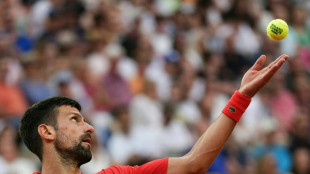
-
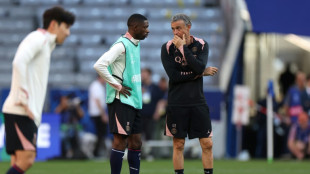 PSG and Inter Milan set for Champions League final showdown
PSG and Inter Milan set for Champions League final showdown
-
Chevron champ Saigo takes three-shot US Women's Open lead

-
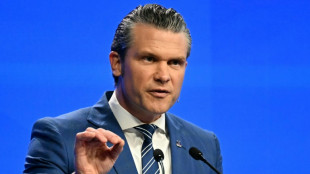 Pentagon chief warns China 'preparing' to use military force in Asia
Pentagon chief warns China 'preparing' to use military force in Asia
-
Trump vowed to remake aid. Is Gaza the future?
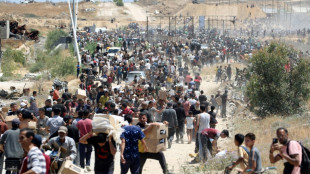
-
 Moderna Receives U.S. FDA Approval for COVID-19 Vaccine mNEXSPIKE
Moderna Receives U.S. FDA Approval for COVID-19 Vaccine mNEXSPIKE
-
Witness accusing Sean Combs of sexual assault defends online posts of 'great times'

-
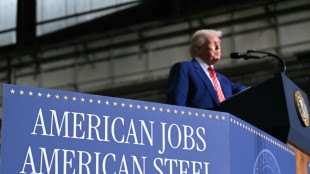 Trump says will double steel, aluminum tariffs to 50%
Trump says will double steel, aluminum tariffs to 50%
-
Taylor, Griffin share lead at PGA Tour's Memorial Tournament

-
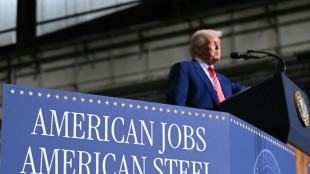 Trump says to double steel tariff to 50%
Trump says to double steel tariff to 50%
-
Alcaraz fights into French Open last 16 as Swiatek, Sabalenka progress
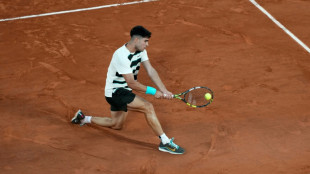
-
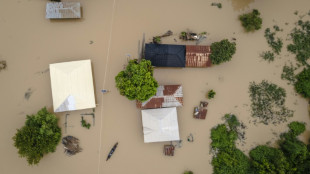 Central Nigeria flooding kill more than 115
Central Nigeria flooding kill more than 115
-
Alcaraz wobbles but reaches French Open last 16
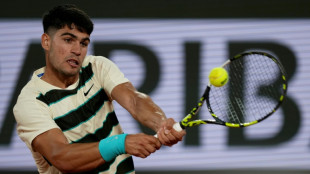
-
 Germany qualify, England hit six in Women's Nations League
Germany qualify, England hit six in Women's Nations League
-
Pelicans ace Williamson accused of rape in LA civil suit

-
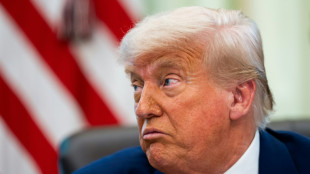 Trump says Macrons 'are fine' after plane row video
Trump says Macrons 'are fine' after plane row video
-
'M*A*S*H' actress Loretta Swit dead: publicist

-
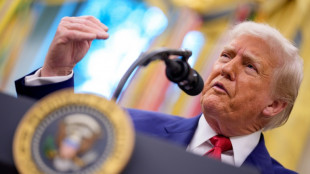 Stocks mixed after Trump accuses China of violating tariff deal
Stocks mixed after Trump accuses China of violating tariff deal
-
How Switzerland's Birch glacier collapsed
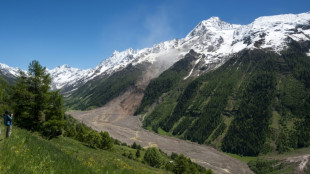
-
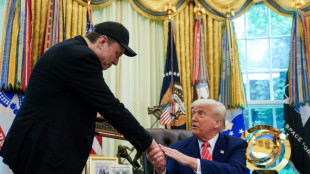 Musk vows to stay Trump's 'friend' in bizarre black-eyed farewell
Musk vows to stay Trump's 'friend' in bizarre black-eyed farewell
-
Who said what: French Open day 6
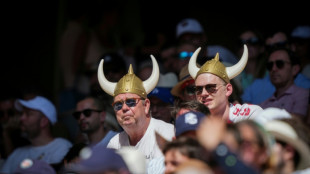
-
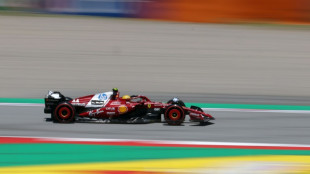 Hamilton determined to make Ferrari adventure work
Hamilton determined to make Ferrari adventure work
-
PSG will handle pressure in Champions League final, says skipper Marquinhos
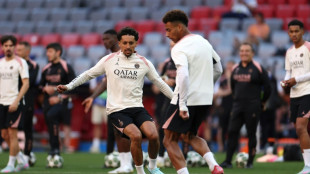
-
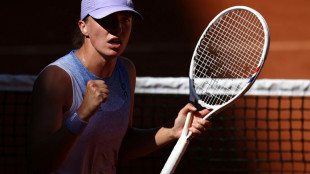 Swiatek and Sabalenka into French Open last 16
Swiatek and Sabalenka into French Open last 16
-
The world's most unpopular president? Peru's leader clings to power
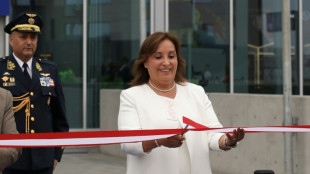
-
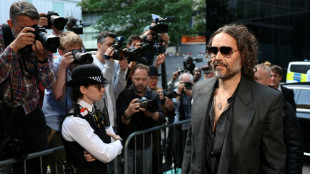 Comedian Russell Brand pleads not guilty to rape, sexual assault charges
Comedian Russell Brand pleads not guilty to rape, sexual assault charges
-
Frenchman Fils pulls out of Roland Garros with injury
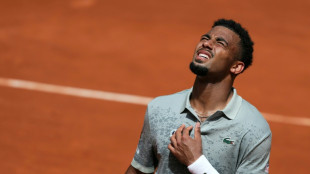
-
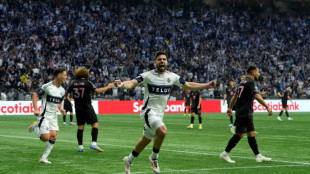 Whitecaps look to make history in CONCACAF final
Whitecaps look to make history in CONCACAF final
-
Rohit stars as Mumbai knock Gujarat out of IPL
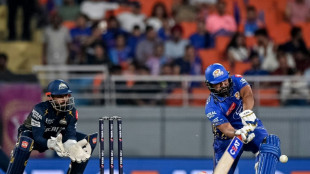
-
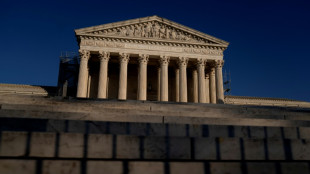 US top court lets Trump revoke legal status for 500,000 migrants
US top court lets Trump revoke legal status for 500,000 migrants
-
Farhan and Abrar star as resurgent Pakistan win Bangladesh series
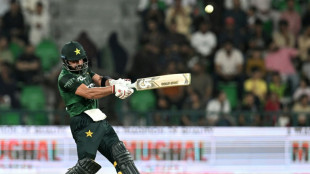
-
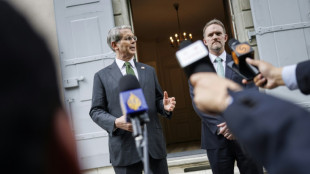 Trump accuses China of violating tariff de-escalation deal
Trump accuses China of violating tariff de-escalation deal
-
'Nice show': Swiatek says women deserve French Open night matches
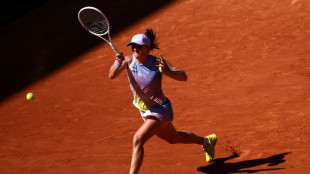
-
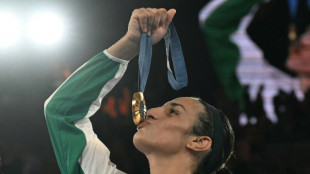 World Boxing introducing gender tests for all boxers, targets Khelif
World Boxing introducing gender tests for all boxers, targets Khelif
-
Mexico says 10 Colombian ex-soldiers arrested after deadly blast
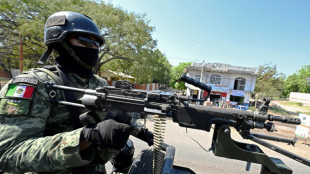
-
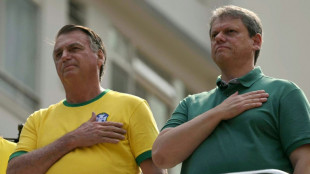 Bolsonaro 'never' discussed coup plot, ally tells Brazil court
Bolsonaro 'never' discussed coup plot, ally tells Brazil court
-
France says it has common ground with China on environment
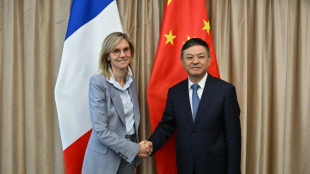
-
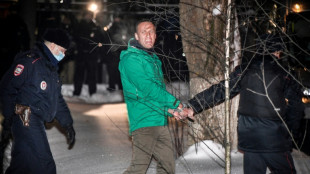 Navalny widow, media watchdog to launch TV channel
Navalny widow, media watchdog to launch TV channel
-
'We deserve to be here' - Inzaghi calls on Inter to seize chance in Champions League final
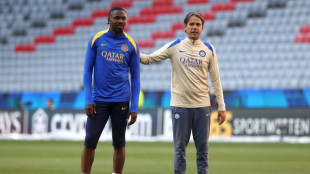

New metro cuts through Saudi social divisions
For decades, civil servant Zayed al-Ghamdi's social circles in Saudi Arabia were more than predictable, bound by routine and kinship in a country where societal divisions have rarely been challenged. Then came the metro.
A decade after breaking ground, Riyadh's gleaming new metro opened in December, offering the capital's eight million residents an alternative to roads chronically clogged by its two million cars.
A quicker commute is not the only difference: for the first time, the wealthy are sharing journeys with the less well off, and Saudi nationals are mixing with the large expat population, from white-collar workers to labourers.
"For 40 years, I was confined to my car or restaurants with my father and brothers, then with my wife and children," Ghamdi, a 42-year-old civil servant working in downtown Riyadh, told AFP.
"I didn't mix or talk to anyone except those I knew or who resembled me.
"Now, things have changed. You feel that society, with all its classes, is in one place," he added while speeding along the blue line, which connects working-class areas in the south with the downtown business district and affluent northern neighbourhoods.
With its eye-watering oil riches, intricate tribal networks and large numbers of foreign workers, Saudi society has long been divided by rigid class structures.
But on the metro, those divisions are more porous.
Metro carriages are frequently crowded with labourers, university students, government employees and business executives wearing expensive suits.
"I can now discuss general topics with strangers and even get to know new things and cultures up close," said 56-year-old engineer Nasser Al-Qahtani, pointing to a young Saudi holding a skateboard.
- 'Family and friends only' -
While the metro has done little to clear Riyadh's perennially gridlocked streets, its opening has been "a major social and psychological event", said sociologist Mohammed Al-Hamza.
"The metro has shifted the mindset of Saudi society. It has made people come closer together," he said.
"The culture in Saudi Arabia is one of family and friends only, and there is reluctance to get to know new people."
Along with chipping away at class divisions, the system is saving commuters time and money, to the delight of many.
"I used to get to work in over an hour and a half, exhausted and stressed due to traffic," said Ghamdi, adding that he had hardly used his prized SUV for months.
"Now, I arrive relaxed and without stress," he added.
Prices range from just four riyals ($1) for a limited one-day pass to 140 riyals for a month.
As in other countries in the Middle East and beyond, the metro offers family carriages reserved for women, children and couples.
They afford women a safe and socially acceptable way to use the network to travel to work or study.
For those willing to pay an extra 10 riyals per day, first-class compartments also offer a reprieve from the busy single-male carriages.
For law student Hadeel Waleed, 20, the metro has been a game-changer, cutting her trip from the southern suburbs to Princess Nourah University from three to four hours to one hour or less.
"Now I arrive home with energy for my family and studying," she told AFP.
- 'No one expected this usage' -
The project is one of many major infrastructure initiatives under "Vision 2030" -- the reform programme overseen by the kingdom's de facto ruler, Crown Prince Mohammed bin Salman.
With six lines spanning about 176 kilometres (109 miles) of track, the network serves 85 stations, including stops at all terminals of Riyadh international airport.
There had been fears among city officials that the huge project could prove a white elephant, with few Saudis deigning to use it.
A bus network developed by the city struggled to gain traction as Saudis remained committed to their cars, especially during the hot summer months when temperatures hit 50 degrees Celsius (122 degrees Fahrenheit).
"Honestly, for 10 years, the question was: 'Who will use the metro?'" a senior official who helps operate the system told AFP on condition of anonymity.
"No one ever expected the current level of usage or even the financial returns," he added.
The Royal Commission for Riyadh did not respond to AFP's enquiries about daily ridership but the official suggested the figure was likely in the tens of thousands if not more.
Authorities are already hoping to expand the network, with a seventh line under development linking Riyadh to several new projects on the capital's outskirts.
For Muneer, a 28-year-old government employee, the metro is a welcome addition to a city undergoing rapid change.
"It makes life easier," he said.
O.M.Souza--AMWN